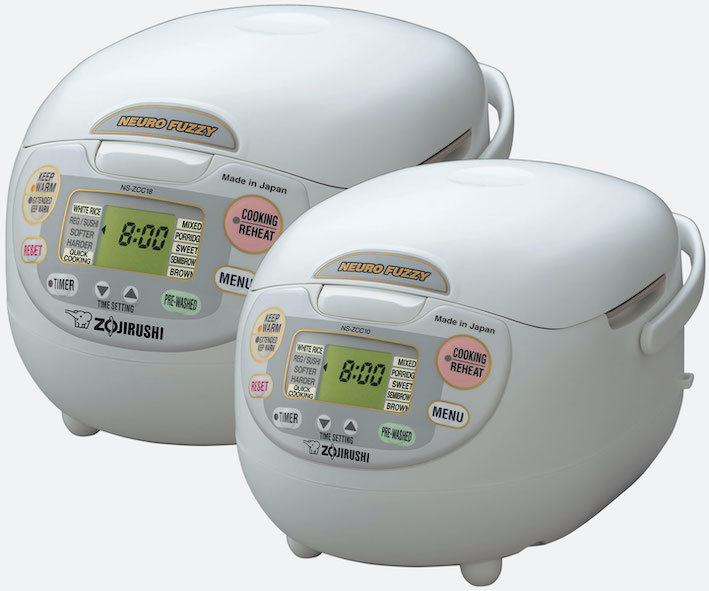How Good is Chinese Vinegar and Chinkiang in Particular?
Chinkiang vinegar follow on Chinese people’s long history of brewing vinegar. There is a saying “开门七件事, 财米油盐酱醋茶”, which means “There are seven daily essentials: fire woods, rice, oil, salt, soy sauce, vinegar and tea.” The vinegar is so versatile that it is used for such things as dipping sauce, marinades, and seasonings.

Table of Contents
Don’t Get called a Vinegar jar (醋坛子)
Vinegar is also deeply rooted in the Chinese culture. In the past, it was very common for a Chinese man to have a wife along with several concubines; and it was seen as a virtue for the lady not to be jealous if the husband preferred someone else. However, as jealousy inevitably occurred, a less than flattering term was used to describe such lady, “醋坛子” which means “Vinegar Jar”. Even now, such a term is still used to describe someone jealous “吃醋”.
Since I have introduced one of the 7 several essentials in my previous post (soy sauce); in this article, I’m going to tell you how to select and use the main types of Chinese vinegars. We will talk in particular about Chinkiang vinegar, which is one of the most widely known product outside of china.
1. Every Chinese region has its vinegar
China is a big country, and the inhabitants have developed various taste affinities depending on where they are located. This is best illustrated by the kind of vinegar Chinese people use. Basically, their taste can be summarised as “Sweet South, Salty North, Sour West and Hot East”.
The main difference between Chinese vinegars and western vinegars is the brewing materials. Most of the Chinese vinegars are made from grains ,while the western vinegars are made from fruits and wines. The common grains used are millet, sorghum and wheat in northern China; and rice, glutinous rice, and peas in southern China.
I’m going to introduce two major types of vinegars (Chinkiang vinegar being one of them) which are available outside of China.
2. Shanxi vinegars (North-West of China)
People from Shanxi province, which is located on the north-west of China, love to add vinegar into almost every dish. There is even a joke saying they would add vinegar in tomato dishes!
A reason for this crave apparently lies behind the local water and soil which are too rich in calcium. The population of this region, therefore, need to eat more vinegar to balance the calcium and avoid stones from propagating in their digestive system.
2.1. Types (What is a substitute for Chinkiang vinegar)?
The most famous vinegar in Shanxi province is produced around Tai Yuan(太原) city. People still carry on the traditional ways of brewing the vinegar naturally, which requires at least 6 months of fermentation. The young and mild version is named as “醋” (vinegar). The matured one is called “陈醋” (old vinegar) which requires at least two years of natural fermentation. Finally, the aged one is called “老陈醋” (old aged vinegar) which must be fermented more than three years. “ 山西老陈醋” is one of China’s National Geographical Indication Product.
Shanxi vinegar is a product made from the combination of locally grown grains, such as sorghum, millet and wheat. It has an inky black colour and complex malty flavour. The total acetic acid is at least 6 percent which gives it strong sour taste. The aged one is more condensed and sticky, hence has stronger flavours.

2.1.1. Best for
Due to the dark colour, high level of acetic acid and intense flavour, Shanxi vinegar is good for some heavy Chinese dishes, such as pork ribs braised in sugar and vinegar, fish braised in sugar and vinegar. It is not very good for dipping sauce or as dressing for Chinese style salad or cold dishes, but it is good to cook the famous Chinese hot & sour soup and hot and sour noodle.
The product cost under $20 for 2 bottles.
3. Chinkiang vinegars (Southern China)
The most famous vinegar in southern China is produced in Chinkiang city – Jiangsu province. The city is located in the south bank of Yangzi river which is one of the major touristic areas of China. The local people have a history of brewing vinegar for more than one thousand years. Yangzi river delta has always been a wealthy area which produces rice and fish in abundance. They call it “ 鱼米之乡” (the land of fish and rice), and it has a long history of brewing the Chinese rice wine. In fact, the Chinkiang vinegar was mistakenly made by a rice wine brewer, who coined it “soured wine”.
Chinkiang vinegar is made from the combination of glutinous rice, rice bran and peas. It is also a naturally fermented vinegar with black colour and distinct aroma. It has a milder taste with a hint of sweetness compared with the strong taste of Shanxi vinegar, as the total acetic acid is normally about 5 which is lower than the Shanxi vinegar.
3.1. Best of memories
The Chinese name “镇江香醋” means aromatic vinegar from Chinkiang. This vinegar was a delicacy in my childhood. By then, the transportation system was not very convenient, and people could only eat food produced locally. As I was born in north-east China, whenever my dad would go on business trips in the south, he would bring back this vinegar. He also used to give it as presents to his friends during Chinese New Year’s. It made the new year’s eve’s dumpling taste so much more delicious. I still vividly remember my dad telling us this vinegar was an export product, that could be sold for four US dollar, which was a lot of money 40 years ago. We all knew only a good quality product could be exported to US. This has been confirmed by the fact that it is one of China’s Geographical Indication Products, and is a multi-awards winning vinegar nationally and internationally.
3.2. What is ChinKiang vinegar used for?


ChinKiang vinegar is good for dipping sauce, especially for dumpling and steamed meat buns (包子: check the recipe). It is also good as the dressing for Chinese style cold dishes, salads or sweet sour chicken and pork. In the Yangzi river delta area, there is a famous crab (hairy crab) which is produced from the Yang Cheng lake not far away from Chinkiang. The perfect sauce for the crab is the mixture of ginger and Chinkiang vinegar. The vinegar can get rid of the fishy smell and at the same time bring out the best flavour from the crab.
The product cost under $20 for 2 bottles.

It is also an essential ingredient for a famous dish in Hangzhou which is another touristic city not far away from Chinkiang. This fish dish is called “西湖醋鱼” (West Lake fish with vinegar sauce”). West Lake is the famous lake located in Hangzhou city. The melody of the sweetness and sourness of the Chinkiang vinegar is the perfect matching for the fresh water fish which has a bit earthy taste.
Exported since 1909, it is now available in more than 60 countries. You can find it in almost every oriental stores or oriental food sections in many western supermarkets. How life has changed and become so convenient now.
We Recommend:
The 10 Best Reasons Why You Want to Live in China
How to Select a Great Electric Rice Cooker
A Guide to the Best Rice For Your Electric Rice Cooker
What’s the best carbon steel wok around?
The 5 Best Places in Shanghai no one will tell you about
Why Dance is So Popular in China
What you should Not Do when you live in China










